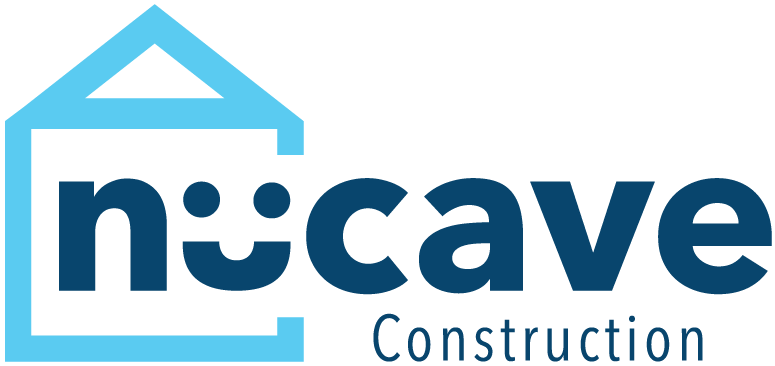Exploring Your Financial Pathways to a Successful ADU Project
Building an Accessory Dwelling Unit (ADU) is an exciting venture that can add significant value to your property and provide numerous benefits. Whether you're looking to create a rental space, accommodate family members, or add a separate home office, an ADU can be a great addition. However, financing is one of the biggest hurdles in bringing this vision to life. This post will explore various financing options for your ADU project, including home equity loans, personal loans, and potential government grants or incentives.
Home Equity Loans
A home equity loan is one of the most popular ways to finance an ADU. This type of loan allows homeowners to borrow against the equity they've built up in their primary residence. Home equity loans usually offer lower interest rates compared to other types of loans because your property secures them. This makes them a cost-effective option for funding an ADU. Additionally, the interest on these loans may be tax-deductible if the funds are used to "buy, build or substantially improve the taxpayer's home that secures the loan," according to the IRS.
Personal Loans
A personal loan is another option if you need more equity in your home or prefer not to use it as collateral. Personal loans are typically unsecured, meaning they don't require collateral, but they might have higher interest rates than home equity loans. The advantage is that they often have a quicker approval process, and you won't be putting your home at risk in case of default. When considering a personal loan, it's essential to shop around and compare offers from different lenders to find the best rate and terms.
Government Grants and Incentives
Depending on where you live, government grants or incentives may be available for building ADUs. These programs are often designed to encourage affordable housing development or to meet specific community needs. For example, some areas offer grants or low-interest loans to homeowners who build ADUs and agree to rent them at affordable rates. There are also incentives for building ADUs that are environmentally friendly or energy-efficient. Check with your local housing department or city council to see what programs are available in your area.
Other Financing Options
- Home Equity Line of Credit (HELOC): Similar to a home equity loan, it works like a credit card, offering flexible borrowing and repayment terms.
- Mortgage Refinancing: This involves replacing your existing mortgage with a new one, potentially freeing up cash for your ADU project.
- Construction Loans: These short-term loans cover the cost of building or renovating your ADU. Once the project is completed, the loan can be converted into a mortgage.
Tips for Financing Your ADU Project
- Assess Your Financial Health: Evaluate your financial situation before deciding on a financing option. Consider your credit score, debt-to-income ratio, and your ability to repay the loan.
- Estimate the Total Cost: Get a clear understanding of how much your ADU project will cost. This includes construction expenses, permits, design fees, and any unforeseen costs.
- Shop Around: Don't settle for the first financing option you come across. Explore different lenders and compare interest rates, terms, and fees.
- Consider the Future: Consider how the ADU will affect your property's value and financial situation in the long term. Calculate potential rental income and how it impacts your loan repayment plan if you plan to rent it out.
- Read the Fine Print: Understand all your loan or grant terms and conditions. Pay special attention to interest rates, repayment schedules, and any penalties for early repayment.
Financing an ADU project requires careful planning and consideration of various options. Whether you opt for a home equity loan, personal loan, or seek out government grants, choosing a solution that aligns with your financial situation and goals is essential. By doing thorough research and seeking advice from financial advisors if needed, you can secure the proper funding to bring your ADU project to life.
Remember, an ADU provides immediate benefits and an investment in your property's future. With the proper planning and financing, you can create a valuable and versatile space that meets your needs and enhances your property for years to come.


